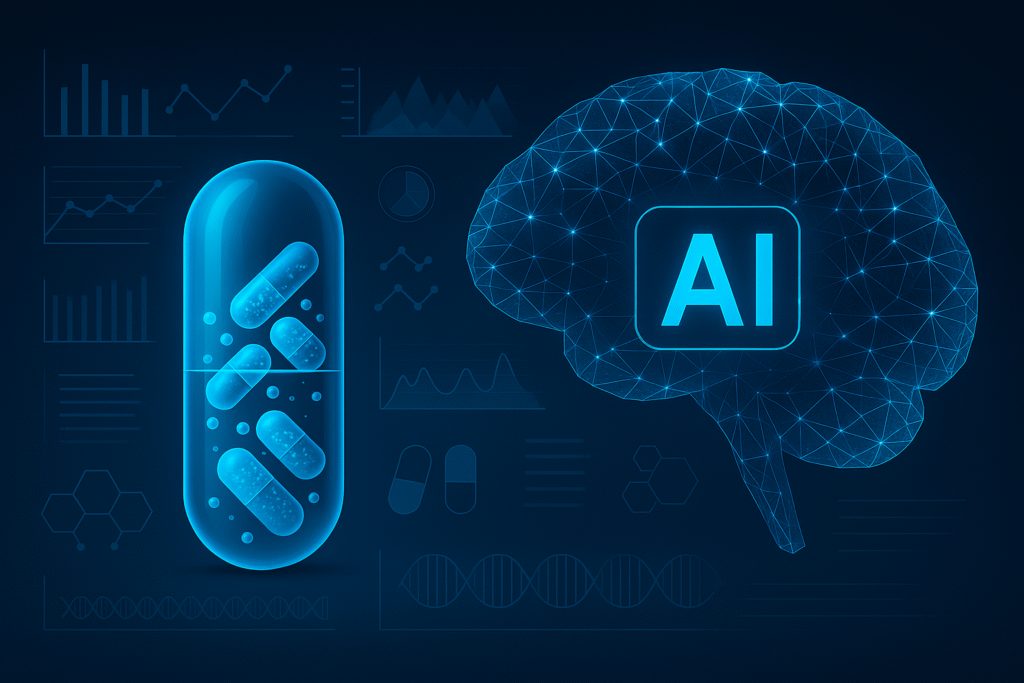
AI in drug discovery is transforming how pharma tackles delays, cost, and failure rates. Drug discovery is one of the most resource-intensive and high-risk processes in the life sciences industry. Despite decades of innovation, it still takes 10 to 15 years and billions of dollars to bring a single new drug to market. With more than 90% of experimental drugs failing before approval, the need for a smarter, faster, and more efficient approach has never been more urgent.
This is one of the areas where AI in drug discovery is already delivering real value. By augmenting traditional scientific methods with data-driven insights, AI is helping researchers overcome some of the most persistent bottlenecks in drug discovery.
→ Read how AI is transforming every phase of life sciences here.
1. AI for Identifying Drug Targets
The Challenge: Finding the right gene, protein, or biological pathway to target is the foundation of any drug program. Yet it’s often based on incomplete knowledge and can lead to dead ends.
How AI Helps: AI models can mine vast biomedical datasets — from genomics and proteomics to published literature — to identify promising drug targets. Tools like PandaOmics by Insilico Medicine help discover novel targets faster and with greater confidence.
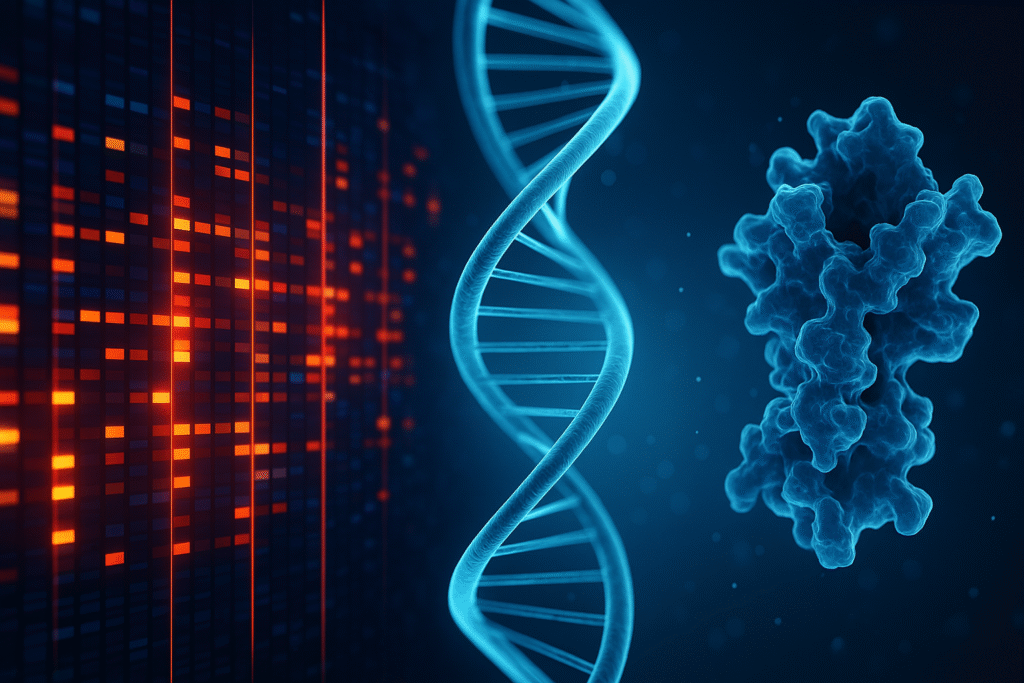
2. Designing Drug Candidates Using AI
The Challenge: Designing a drug that binds precisely to its biological target while avoiding off-target effects is like finding a molecular needle in a haystack.
How AI Helps: Generative models such as Chemistry42 can automatically design molecules with desired properties. These tools use AI to simulate interactions at the atomic level, enabling rapid creation of drug-like compounds.

3. Virtual Screening of Compounds with AI
The Challenge: High-throughput screening of millions of compounds in wet labs is expensive and time-consuming.
How AI Helps: Deep learning platforms like Atomwise’s AtomNet® perform virtual screening to predict which compounds are most likely to bind effectively, reducing the need for exhaustive lab testing.
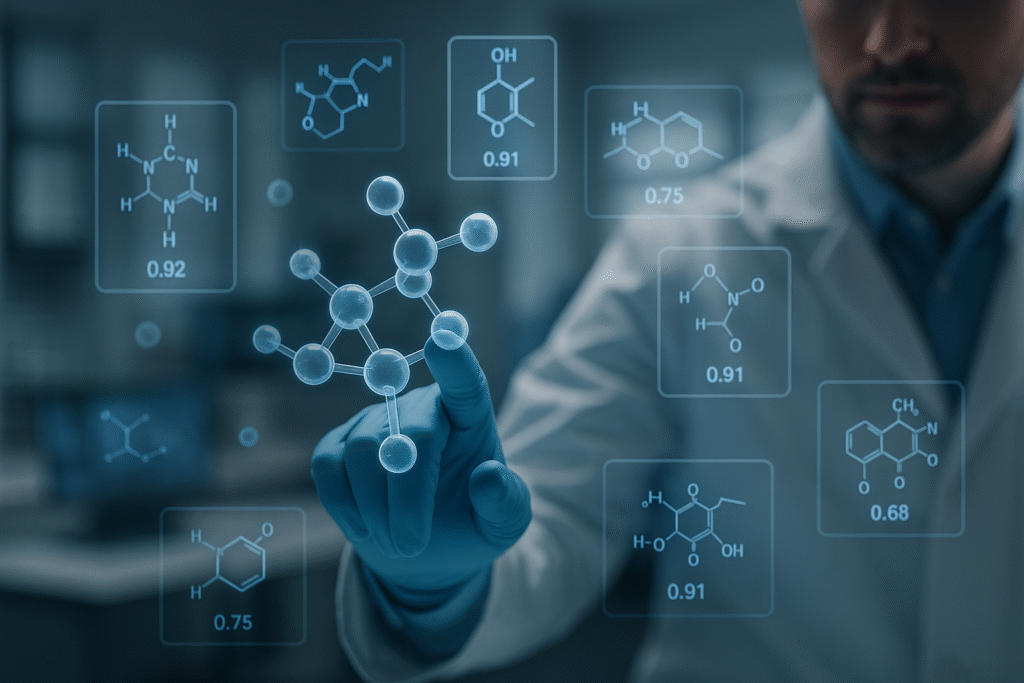
4. Predicting Toxicity and Side Effects
The Challenge: Many drugs fail in late-stage trials due to unforeseen toxicity, poor metabolism, or off-target effects.
How AI Helps: Predictive AI models analyze chemical and biological data to anticipate safety issues early in development. This allows researchers to de-risk candidates before entering costly trials.
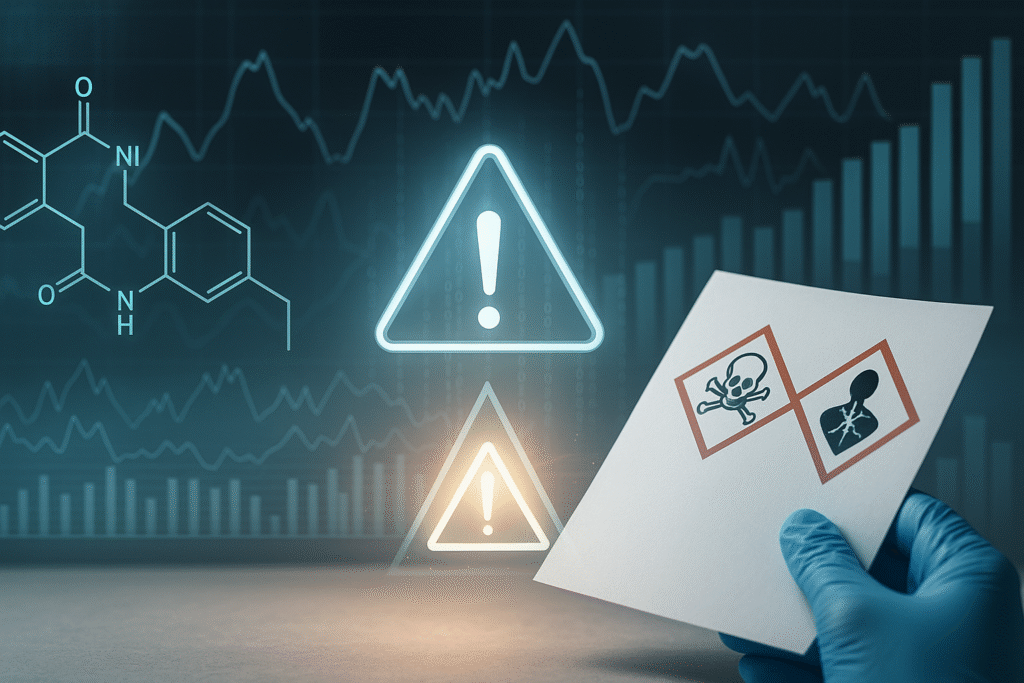
5. Optimizing Clinical Trial Design and Recruitment With AI
The Challenge: Trials are often delayed or underpowered due to poor design and difficulty recruiting the right patients.
How AI Helps: AI helps design smarter trials, identify ideal patient cohorts from real-world data, and even simulate control arms. Tools like Medidata and InClinico streamline these processes.
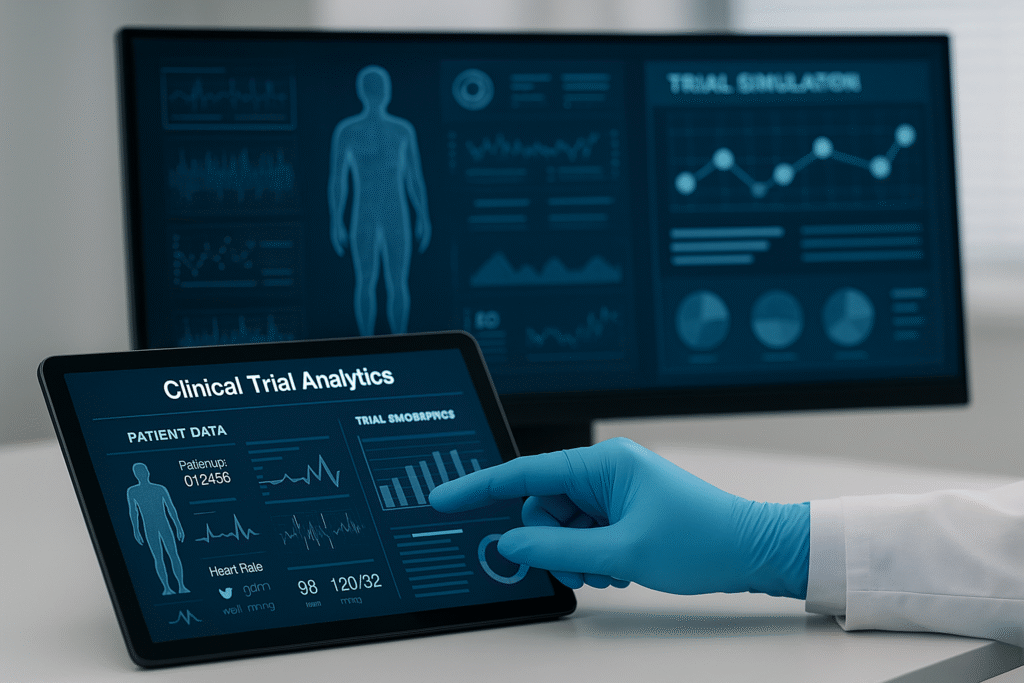
6. Managing the Data Deluge
The Challenge: The sheer volume of data generated across preclinical and clinical phases can overwhelm teams.
How AI Helps: Natural language processing (NLP) and machine learning (ML) algorithms can ingest and interpret complex datasets — from lab notebooks to scientific publications — turning raw data into actionable insights.
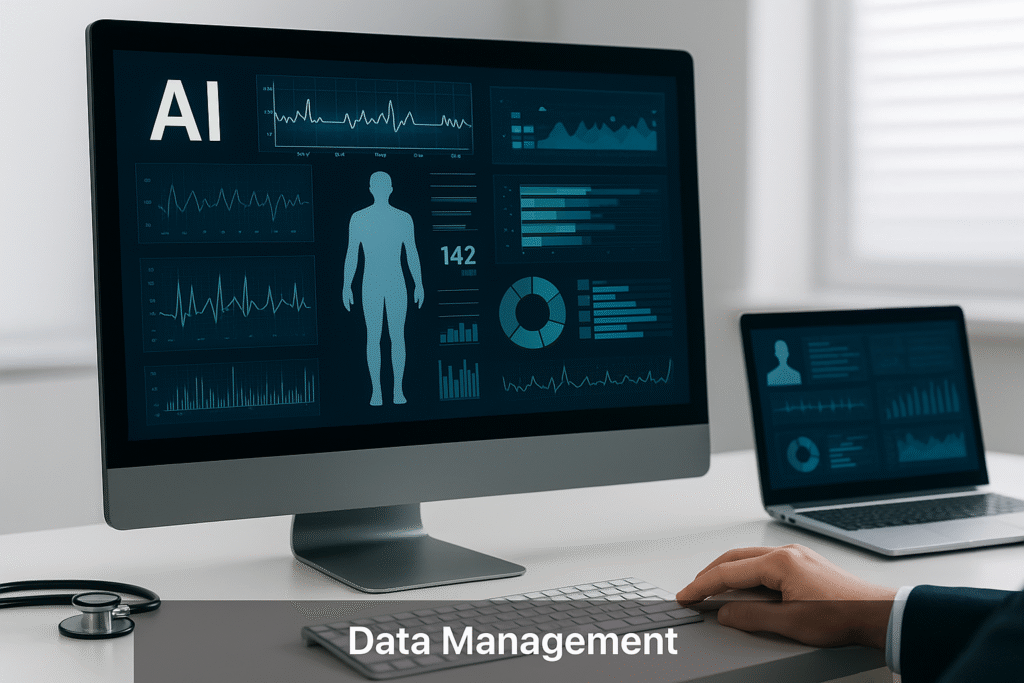
Conclusion
AI in drug discovery is not a silver bullet, but it is becoming an essential partner in the search for safer, faster, and more effective medicines. From target identification and molecule design to clinical trial optimization, AI is helping pharmaceutical teams reduce costs, improve decision-making, and accelerate timelines. As these technologies mature, their impact will only grow — reshaping the future of drug development at every stage. At BioIntelAI, we’re tracking this transformation closely. Subscribe to stay informed on how AI continues to redefine what’s possible in life sciences and pharma..
At BioIntel AI, we’re tracking the front lines of this transformation. Subscribe for deeper dives into how AI is reshaping the future of pharma, biotech, and life sciences.
📬 Join 100+ life sciences professionals getting monthly AI insights. No spam, just signal.
